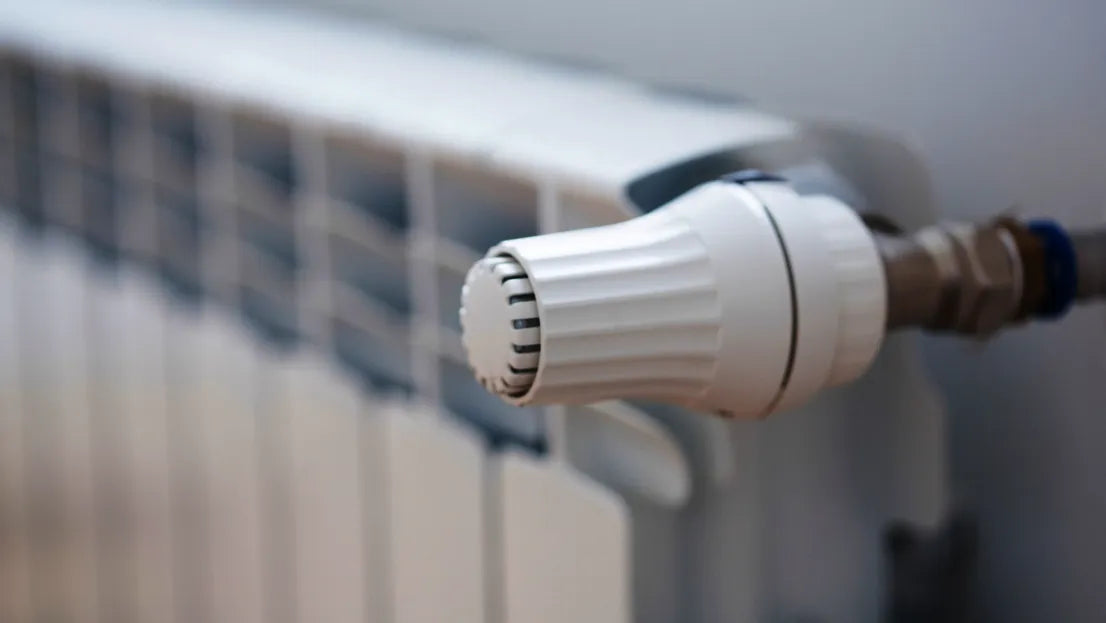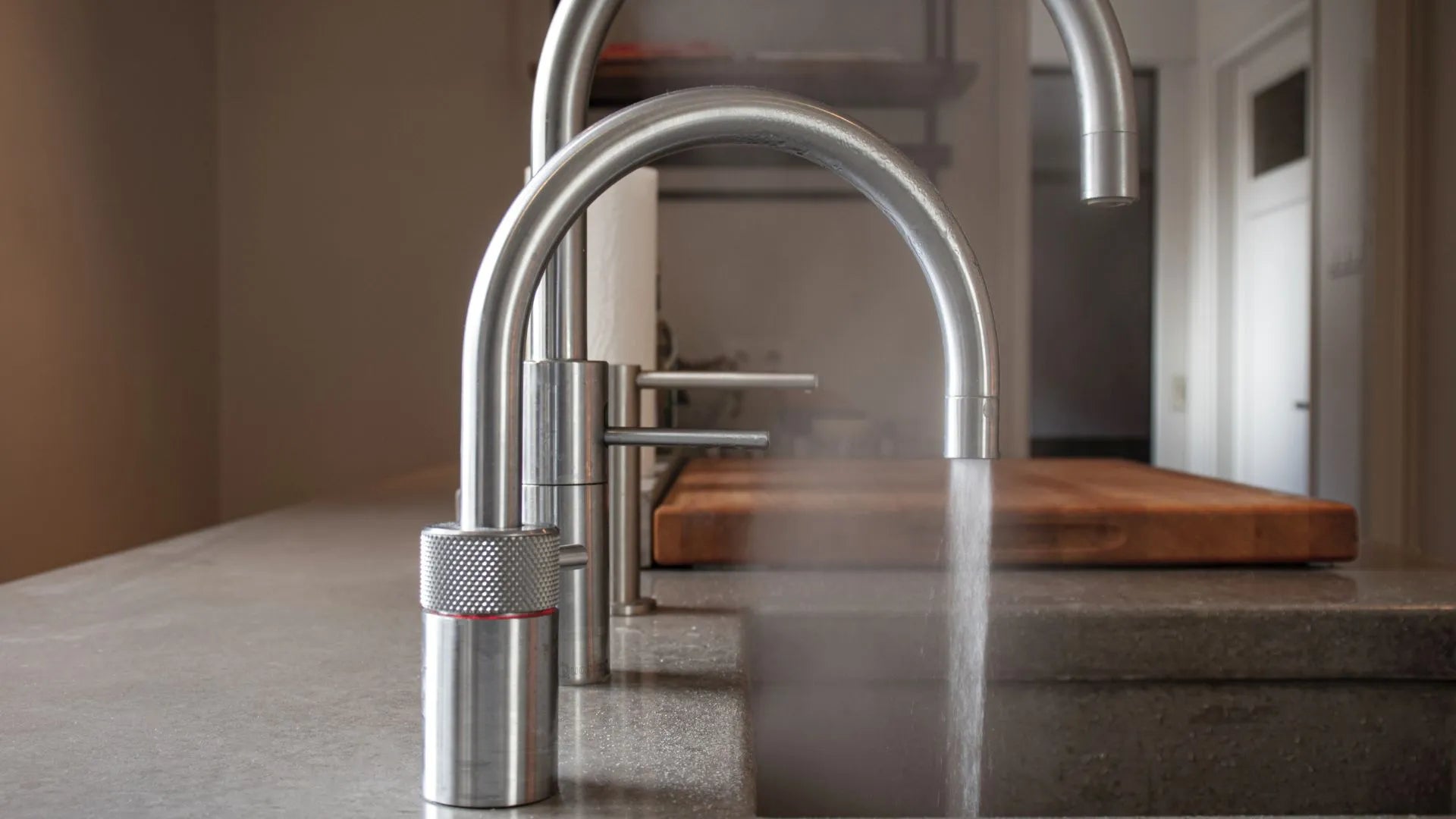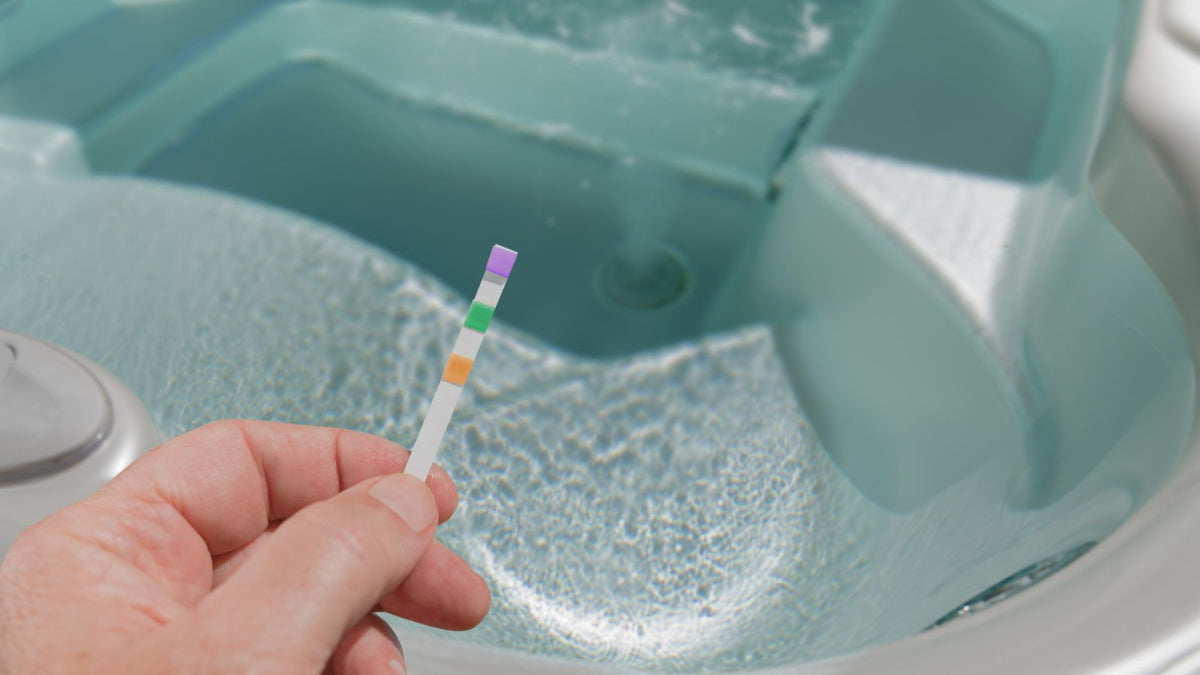Heizung entkalken

Bild: Das regelmäßige Entkalken der Heizung ist wichtig
In den kühlen Herbst- und Wintermonaten laufen die Heizungen in den Haushalten auf Hochtouren. Um unnötig hohe Heizkosten zu vermeiden, ist es wichtig, die Heizungen regelmäßig zu warten. Dazu zählt auch die Entkalkung der vollständigen Heizungsanlage und Ihres Warmwasserspeichers. Denn heiß zu duschen oder zu baden funktioniert nur mit einem intakten Warmwasserboiler. Wie Sie bei der Reinigung und Entkalkung vorgehen können, erklären wir Ihnen Schritt für Schritt.
Warmwasserboiler entkalken: Warum das Entkalken von Warmwasserboilern so wichtig ist
Haushaltsgeräte wie der Wasserkocher oder die Kaffeemaschine werden regelmäßig entkalkt, da sich ihre Funktionsweise ändert, wenn sich zu viel Kalk in ihnen angesammelt hat. Kalkablagerungen auf Wasserhähnen, Badarmaturen oder an Duschwänden sehen unschön aus und werden deshalb nach einiger Zeit gesäubert. Doch wie sieht es mit dem Warmwasserboiler aus? Meist steht dieser im Keller eines Hauses und fällt nicht täglich ins Auge. Eine verkalkte Heizungsanlage wird oft zu spät bemerkt, weil die Heizung in den warmen Sommermonaten nicht benötigt wird. Sie sollten dennoch regelmäßig Ihren Boiler entkalken, da sonst sowohl finanzielle als auch gesundheitliche Schäden entstehen können:
- Bakterienbefall: Je länger sich das warme Wasser im Boiler befindet, umso schneller sammeln sich dort Bakterien. Warmes Wasser bietet für die Vermehrung von Bakterien die perfekten Bedingungen. Auch zwischen den Kalkablagerungen und am Rost können sich Bakterien ansammeln und vermehren.
- Überhitzungsgefahr: Die Kalkablagerungen an den Heizungsrohren wirken isolierend und sorgen dafür, dass die direkte Wärmeabgabe an das Wasser eingedämmt wird. Dadurch kommt es zu einem Hitzestau und die Gefahr der Überhitzung der Heizelemente bzw. der Wärmeübertragungsflächen besteht.
- steigende Energiekosten: Mit Kalkablagerungen muss mehr Energie aufgewendet werden, um das Wasser zu erhitzen. Dadurch steigen die Kosten.
- Schäden vorbeugen: Ohne Entkalkung bleiben kaputte Dichtungen, Ventile, Rohre und weitere Teile im Warmwasserboiler unbemerkt. Bei regelmäßiger Wartung fallen kaputte Teile schneller auf und können ausgetauscht werden.
Lebensdauer der Warmwasserboiler: Wie oft sollte entkalkt werden?
Wie häufig Sie den Warmwasserboiler entkalken sollten, hängt von der Wasserhärte Ihres Leitungswassers ab: Je härter das Wasser ist, desto öfter muss entkalkt werden. Das bedeutet: Bei einer Wasserhärte ab 14 Grad dH wird von hartem Wasser gesprochen. Sollten Sie in einer Region mit dieser Wasserhärte leben, empfiehlt es sich, den Boiler jährlich zu reinigen und zu entkalken. Bei weicher bis mittlerer Härte ist es ausreichend, die Heizstäbe und den Wassertank alle drei bis vier Jahre zu warten.
Boiler entkalken: Schritt für Schritt
Um den Boiler zu entkalken, sollten Sie vorab prüfen, ob Ihr Modell dafür geeignet ist, von Ihnen selbst gereinigt zu werden. Am besten lesen Sie das in der Gebrauchsanweisung nach. Ist Ihr Warmwasserboiler zur Selbstreinigung und -entkalkung geeignet, müssen noch ein paar Vorbereitungen getroffen werden, bevor Sie starten können:
- Legen Sie sich Gummihandschuhe, eine Schutzbrille und Arbeitskleidung bereit.
- Trennen Sie den Boiler vom Stromnetz. Nehmen Sie die Leitungen ab, sichern Sie die Anschlüsse und prüfen Sie noch einmal gegen, ob auch wirklich kein Strom mehr durch die Leitungen fließt. Erst dann können Sie mit der Entkalkung beginnen.
- Stellen Sie zum Schluss noch das Wasser ab und holen Sie sich einen Eimer dazu.
Entkalken mit Essig- und Zitronensäure
Grundsätzlich empfehlen wir Ihnen, den Boiler nur dann selber zu entkalken, wenn Sie eine Ausbildung zum SHK Anlagenmechaniker absolviert haben. Sollte dies nicht der Fall sein, wenden Sie sich bitte an eine entsprechende Fachfirma. Trotzdem erläutern wir gerne das Vorgehen: Um die Heizungsanlage zu entkalken, werden säurehaltige Mittel empfohlen. Sie können auf Essig- oder Zitronensäure zurückgreifen. Effektiv sind beide Säuren. Zitronensäure hat im Vergleich zu Essigsäure keinen starken Eigengeruch und ist besonders schonend und effektiv zugleich. Unabhängig davon, für welche Säure Sie sich entscheiden, sollten Sie beide im Verhältnis von 1:2 mit Wasser verdünnen.
Wenn alle Vorbereitungen getroffen sind, können Sie starten:
- Wasser ablassen: Lassen Sie das Wasser des Warmwasserboilers ab und beginnen Sie mit der Entkalkung des Inneren, indem Sie mit einem Schwamm und der Säure-Wasser-Mischung die verkalkten Stellen reinigen und entfernen. Prüfen Sie den Boiler dabei auch gleich auf Schäden.
- Heizstab entnehmen: Nachdem Sie das Wasser abgelassen haben, sollten Sie den Heizstab vorsichtig entnehmen. Ist dieser mit Kalk behaftet, sollten diese entfernt werden. Dies können Sie ebenfalls mit einer Säure-Wasser-Mischung machen. Achten Sie darauf, den Heizstab nicht zu beschädigen.
- Heizstab einsetzen: Der gereinigte Heizstab kann nun wieder in den kalkfreien und sauberen Boiler eingesetzt werden.
- Wasserzufuhr aufdrehen: Spülen Sie den Boiler durch, indem Sie den Kaltwasser- und den Warmwasserzulauf aufdrehen. Befüllen Sie den Boiler anschließend mit Wasser.
- Strom und Sicherung aktivieren: Strom und Sicherungen können nun wieder eingeschaltet werden.
Achtung! Schalten Sie den Warmwasserboiler niemals ungefüllt an! Die Heizstäbe können dadurch beschädigt werden!
Heizungsanlage entkalken
Kalk in der Heizungsanlage ist genauso schädlich wie Kalk in einem Warmwasserboiler: Bakterien können entstehen und die Energiekosten steigen. In der Heizungsanlage tritt Kalk an unterschiedlichen Stellen auf, entweder im Heizkreis oder im Heißwasserspeicher. Wie Sie bei einem verkalkten Heißwasserspeicher am besten vorgehen, wissen Sie bereits. Doch was tun, wenn Kalk im Heizkreis entstanden ist?
Auch die Entkalkung des Heizkörpers sollte eine Fachkraft vornehmen, da die Heizung nach einem vorgeschriebenen Verfahren gereinigt und entkalkt werden muss. Damit es im Heizkreis nicht zu Kalkablagerungen kommt, wird das Heizwasser auf eine bestimmte Weise aufbereitet, die vom Hersteller der Heizung festgelegt wurde. Sollte es doch dazu kommen, dass der Heizkörper verkalkt, wurde sich meist nicht an die Vorschriften des Herstellers gehalten.
Tipp: Je mehr Luft sich in der Heizung ansammelt, desto länger dauert es, bis sich die Heizung auf die gewünschte Temperatur aufheizt. Durch das regelmäßige Entlüften der Heizung können Sie Energie und Heizkosten sparen.
Professionell den Boiler entkalken lassen
Den Heißwasserboiler können Sie in wenigen Schritten selbst entkalken und reinigen. Halten Sie sich dabei an die Herstellerangaben des Boilers und prüfen Sie zuerst, ob Sie den Heißwasserboiler selbst entkalken können. Sollten Sie sich unsicher bei der Reinigung sein, können Sie den Heißwasserboiler auch professionell warten lassen. Dabei kommen natürlich Kosten auf Sie zu, die von der Größe des Boilers abhängen. Bei einem Boiler mit einem Fassungsvermögen von 500 Litern können Sie mit Kosten von 500 Euro rechnen. Je nach Fachkraft und Firma können die Preise variieren.
Heizkessel reinigen lassen
Wer trägt die Kosten einer professionellen Entkalkung und Reinigung des Warmwasserboilers? Sollten Sie Hauseigentümer sein, tragen Sie die Kosten selbst. Mieter müssen die Instandhaltung nicht direkt selbst zahlen, allerdings können Vermieter den Reinigungspreis über die Nebenkostenabrechnung an den Mieter weitergeben. Diese Kostenfrage ist jedoch immer wieder ein Streitthema zwischen den Parteien. Grundsätzlich empfiehlt es sich, das Gespräch zu suchen, sodass sowohl Mieter als auch Vermieter zu einer gemeinsamen Lösung kommen.
Kalkablagerungen vorbeugen mit AQON PURE
Um Kosten zu sparen und um Kalkablagerungen vorzubeugen, können Sie mit AQON PURE entsprechende Vorkehrungen treffen: Die Enthärtungsanlagen von AQON PURE funktionieren ohne laufende Kosten und sorgen mithilfe eines speziellen Verfahrens dafür, dass der Kalk mit dem Wasser ausgespült wird und sich verringert an Rohren oder an anderen Oberflächen anlagern kann. Investieren Sie in eine Kalkschutzanlage, um Kalkablagerungen in Ihrem Warmwassererzeugungssystem vorzubeugen!
Läuft: In nur 2 Minuten zum Angebot - Optional mit Einbau zum Festpreis.
Darüberhinaus stehen Ihnen unsere Experten aus dem technischen Service persönlich per Telefon oder E-Mail auch für eine unverbindliche Beratung zur Verfügung. Kein Call-Center. Kein endloses Warten in einer Warteschleife.





